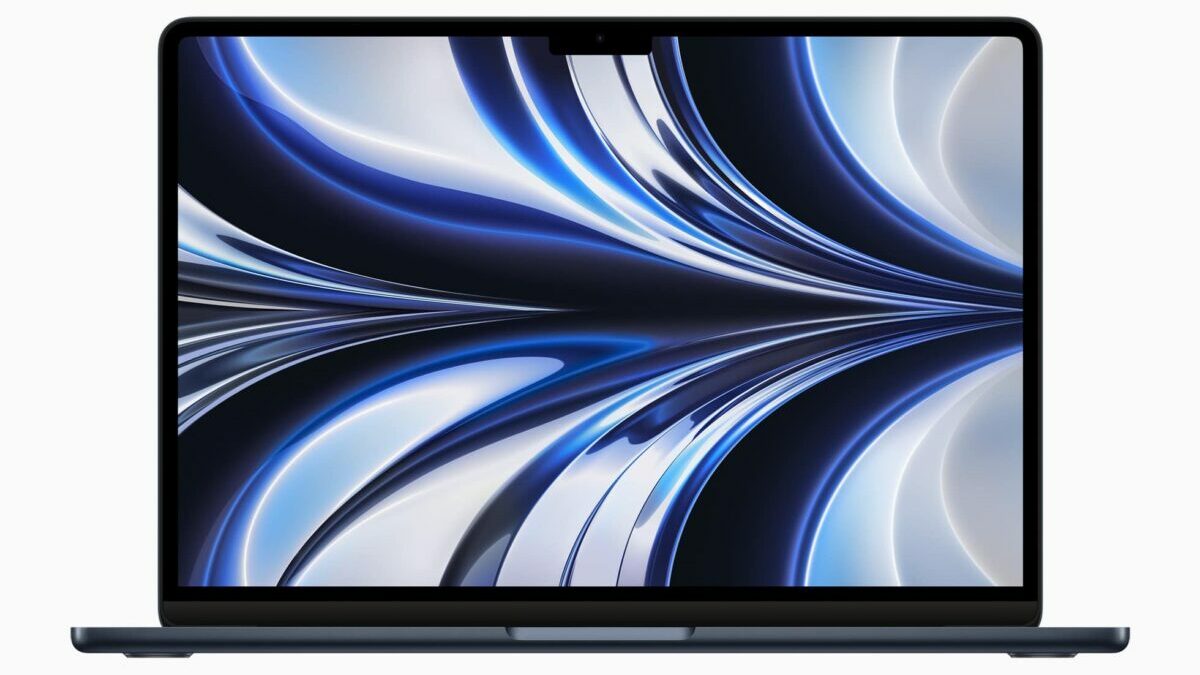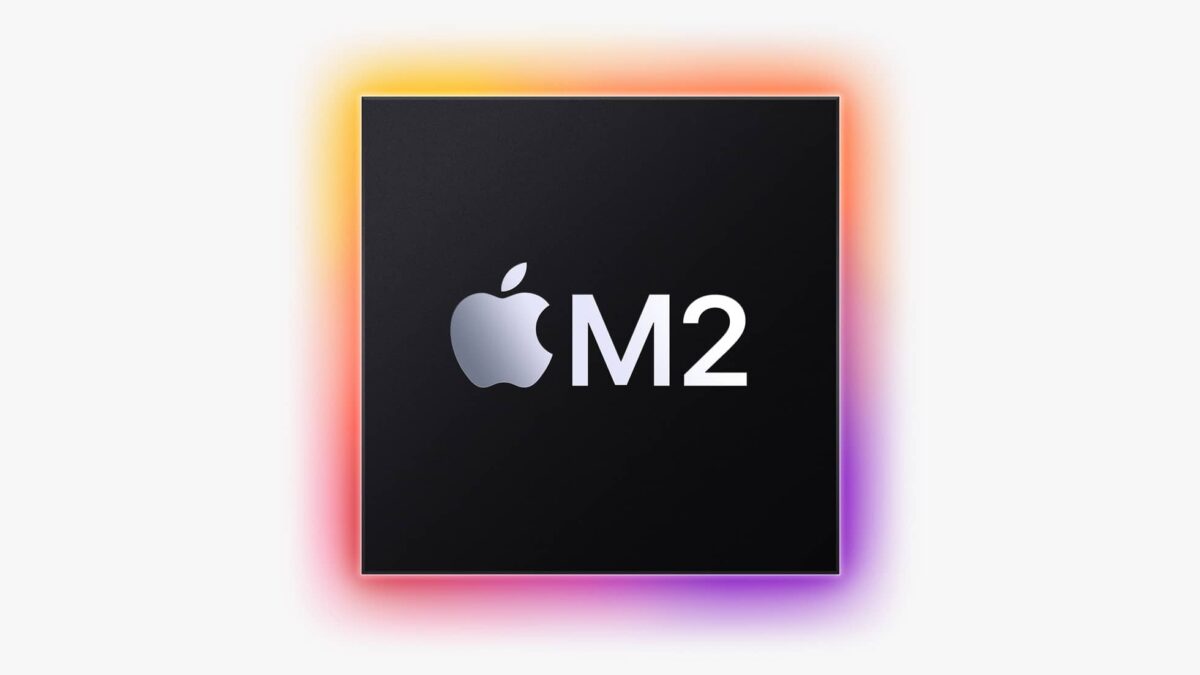Apple’s new MacBook Air with the M2 chip has finally started arriving to customers. The laptop features a larger 13.6-inch Liquid Retina display, a 1080p FaceTime HD camera, a four-speaker sound system, up to 18 hours of battery life, and MagSafe charging. However, there is one area where it falls short compared to its predecessor, the SSD.

Benchmarks reveal Apple’s MacBook Air with M2 has slower SSD speeds than M1 model
The Verge’s Dan Seifert recently published his review of the redesigned MacBook Air. Seifert reviewed the base model which features 8GB of RAM and 256GB of storage. The storage of this year’s Mac is housed on a single NAND chip, unlike the M1 model’s storage which was housed on two NAND chips.
Some disadvantages of the entire 265GB storage being housed on a single NAND chip is that the storage will perform half as fast and the device will slow down whenever a user tries to copy large files around or multitask enough to completely use up 8GB of RAM.
Apple told The Verge in a statement, “thanks to the performance increases of M2, the new MacBook Air and the 13-inch MacBook Pro are incredibly fast, even compared to Mac laptops with the powerful M1 chip. These new systems use a new higher density NAND that delivers 256GB storage using a single chip. While benchmarks of the 256GB SSD may show a difference compared to the previous generation, the performance of these M2 based systems for real world activities are even faster.”

Despite slower SSD speeds, it is important to note that the M2 MacBook Air still performs extremely well and can handle a fair amount of multitasking like heavy editing projects, working on 4K footage, etc. Furthermore, users who want a heavy-duty Mac will likely not even consider purchasing this specific model in the first place as their workload could require a MacBook Pro, iMac, etc.
Finally, if you buy with M2 MacBook Air with 512GB storage or higher, you don’t have to worry about the slower SSD speeds as that is restricted to the base model.
Read more: